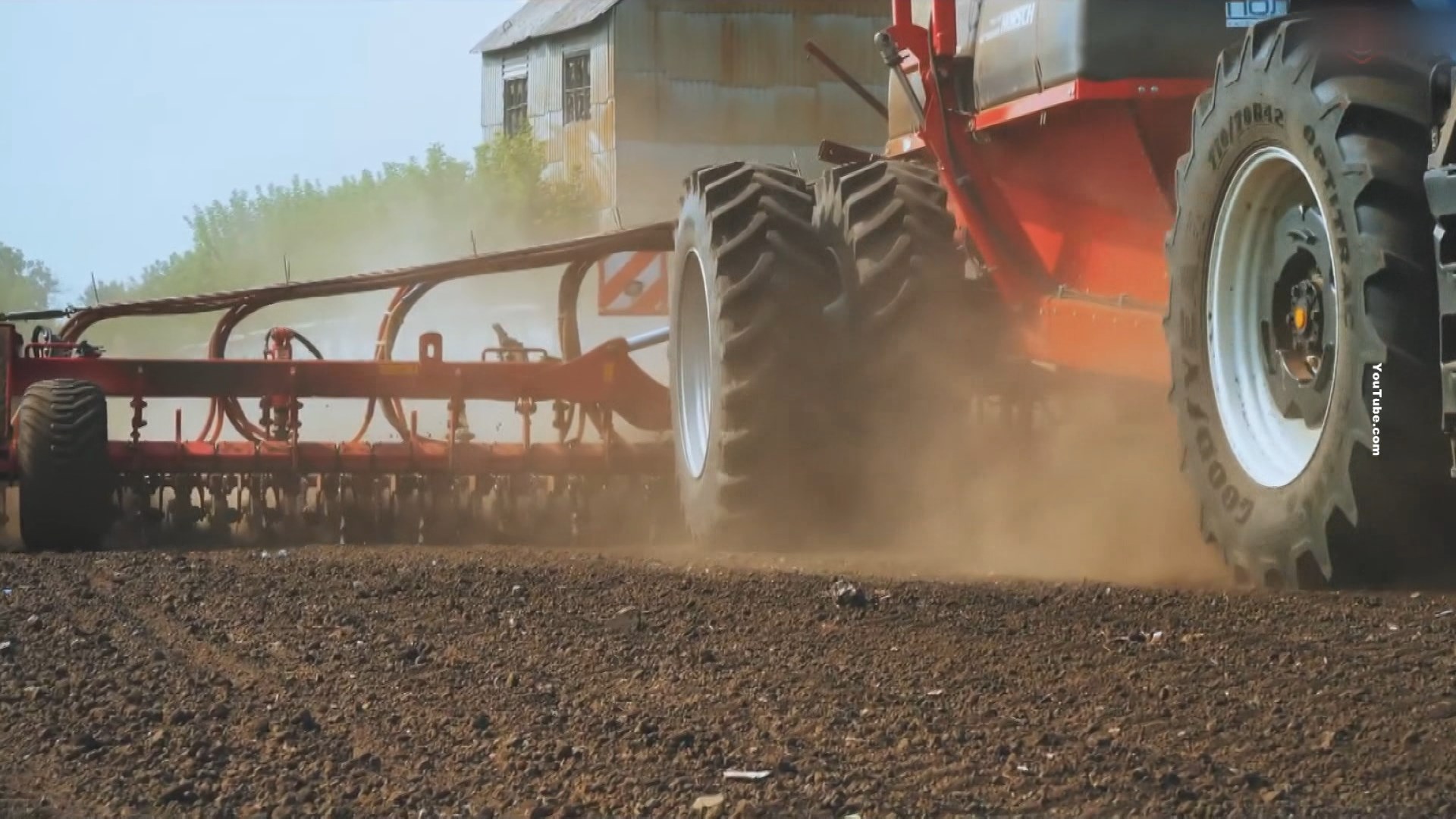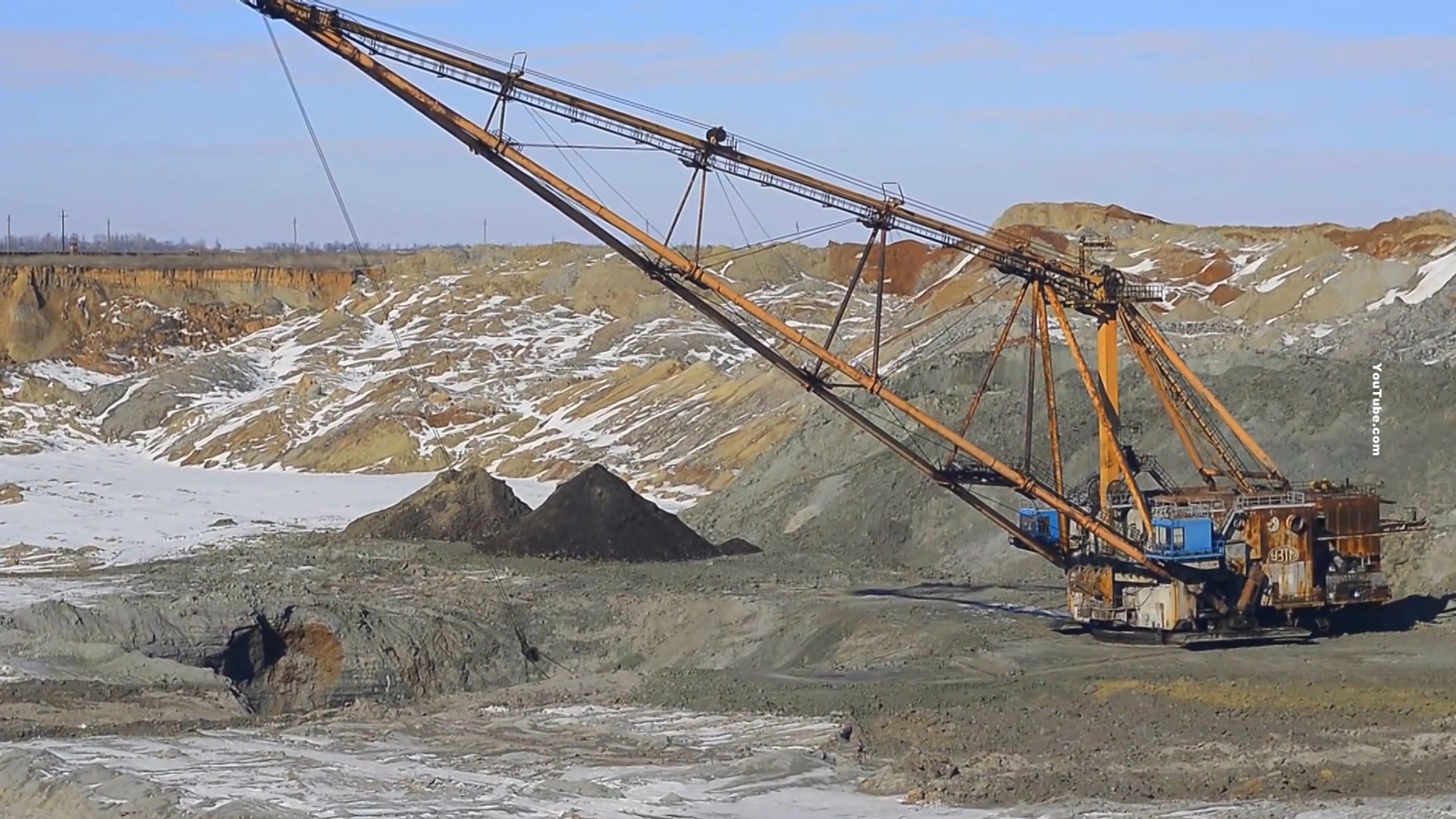3.69 BYN
3.02 BYN
3.52 BYN
Black Soil for Pennies - How and to Whom Ukrainian Lands Were Sold

President Zelensky's visit to the United States has ended in a loud scandal. The signing of a deal regarding rare earth resources has been canceled. Trump reprimanded Zelensky for his disrespect toward the United States and his apparent lack of gratitude, criticizing him for his refusal to agree to a ceasefire.
In light of the events surrounding the resource deal, one can draw a sorrowful conclusion: the Ukrainian people have not only been betrayed, but future generations of unborn children have also been mocked. The national idea, once a source of pride, has become a ruse to divest the populace of everything, transforming them into a colony of laborers on plantations, forced to die for the interests of their oligarchs—who, in cowardice, absconded with their wealth abroad—rather than for their own interests, abstractly speaking.
Nature has endowed Ukraine with incredible wealth—its land. The black soils are a blessing for agricultural endeavors. No matter the circumstances, a Ukrainian could be certain that bread would always be on their table. Until recently, Ukraine could provide food for 600 million people, despite its population being only 40 million. Geographically, Ukraine holds one-third of the world’s black soil. But why is it geographical? And how did such a rich nation find itself in such dire poverty?

Land no longer belongs to Ukraine itself. This is evident in an analysis of property ownership structure. Under the guidance of the IMF in the early 1990s, Ukraine began the privatization of agricultural land through the distribution of so-called certificates. However, amid economic turmoil, a significant portion found its way into the hands of local businessmen, who later became oligarchs. By 2001, a moratorium on further privatization was imposed, yet by then, 96% of state-owned land had already been lost.
Oligarchs registered their assets in offshore accounts, paying taxes not to the treasury of Ukraine but, for example, in Cyprus. By siphoning the resources from Ukrainian soil, these oligarchs grew rich while Ukraine was left with nothing.
Pavel Kukharkin, a journalist from Russia, remarked: "If Ukraine had been rational, with decent businessmen and officials, the wealth that came to Ukraine after the collapse of the Soviet Union would have made it truly prosperous. Because there were enterprises, resources—everything was there. But all of it has been stolen, sold off."
In the 21st century, new schemes for land acquisition have emerged. A corrupt elite was first established, creating local legal frameworks for the transfer of property from the people and the state, often for a pittance, to overseas corporations. Since early 2014, Kyiv has been overwhelmed with such actors.
With prudence and under pressure from the IMF, to secure new financial tranches, Zelensky signed legislation to lift the moratorium. He transformed black soil into such an inexpensive commodity that corporations could acquire land for next to nothing. While the West firmly opposed any attempts at diplomatic negotiations to resolve the Ukraine-Russia conflict, instead insisting on escalating the conflict by sending fighter jets and tanks to Kyiv, the prices for black soil plummeted. The starting price fell to between $1,000 and $2,000 per hectare, while in Europe, the cost of arable land ranged between $4,000 and $70,000.
Kirill Molchanov, a political scientist from Ukraine, noted: "The situation is paradoxical and cynical. Ukrainians are fighting to reclaim or sell off what remains of their national wealth in the form of precious black soils to foreign companies and investors. In reality, they are fighting for others' interests. On their own land, they will no longer be masters. When the military conflict ceases, the question will arise of repaying the multi-billion-dollar debts and aid that has been provided to Ukraine—even for the military actions of the past two years—and repayment will indeed have to come solely from natural resources and land."

In the last decade, foreigners have acquired 170,000 square kilometers of Ukrainian territory. The land has been purchased chiefly by firms based in the United States or owned by Americans. These giants of agribusiness and biotechnology—Cargill, DuPont, and Monsanto—have acquired 40% of Ukraine's arable land. To comprehend the scale: three American companies own land in Ukraine that is larger than Italy. Moreover, the land was sold at giveaway prices. Currently, 28% of the land belongs to Ukrainian oligarchs and agro-holdings, which are, in fact, owned by American, French, German, and Saudi companies.
"When Zelensky promoted the idea of selling land, there were no Ukrainians or Ukraine in the equation. There were only foreign companies. No matter how many resources you sell, none of it will belong to Ukraine. The only thing they can do in Ukraine now is plunder the remnants of former luxury," Kukharkin observed.
"Currently, when it comes to the sale of rare earth resources and more, there is no Ukrainian interest to be found—at all. It is simply like in the past when slaves worked on plantations in the United States; now, Ukrainians will become slaves in embroidered shirts, laboring to amusing songs for their American masters."
The West has sent tons of its scraps, disguised as military aid to Ukraine on credit. Grants are not without conditions; Americans are already demanding repayment to the last penny. Kiev officials are enriching themselves while stashing their wealth in Western accounts, and weapons are diverted from the front lines to be resold on the black market.
Zelensky claims he knows nothing about where the money has disappeared. Meanwhile, Ukrainians are fighting not for their land, but for the interests of global corporations that have seized the country as their own. As Zelensky sells off parcels of land, he also distributes its subsoil riches.















